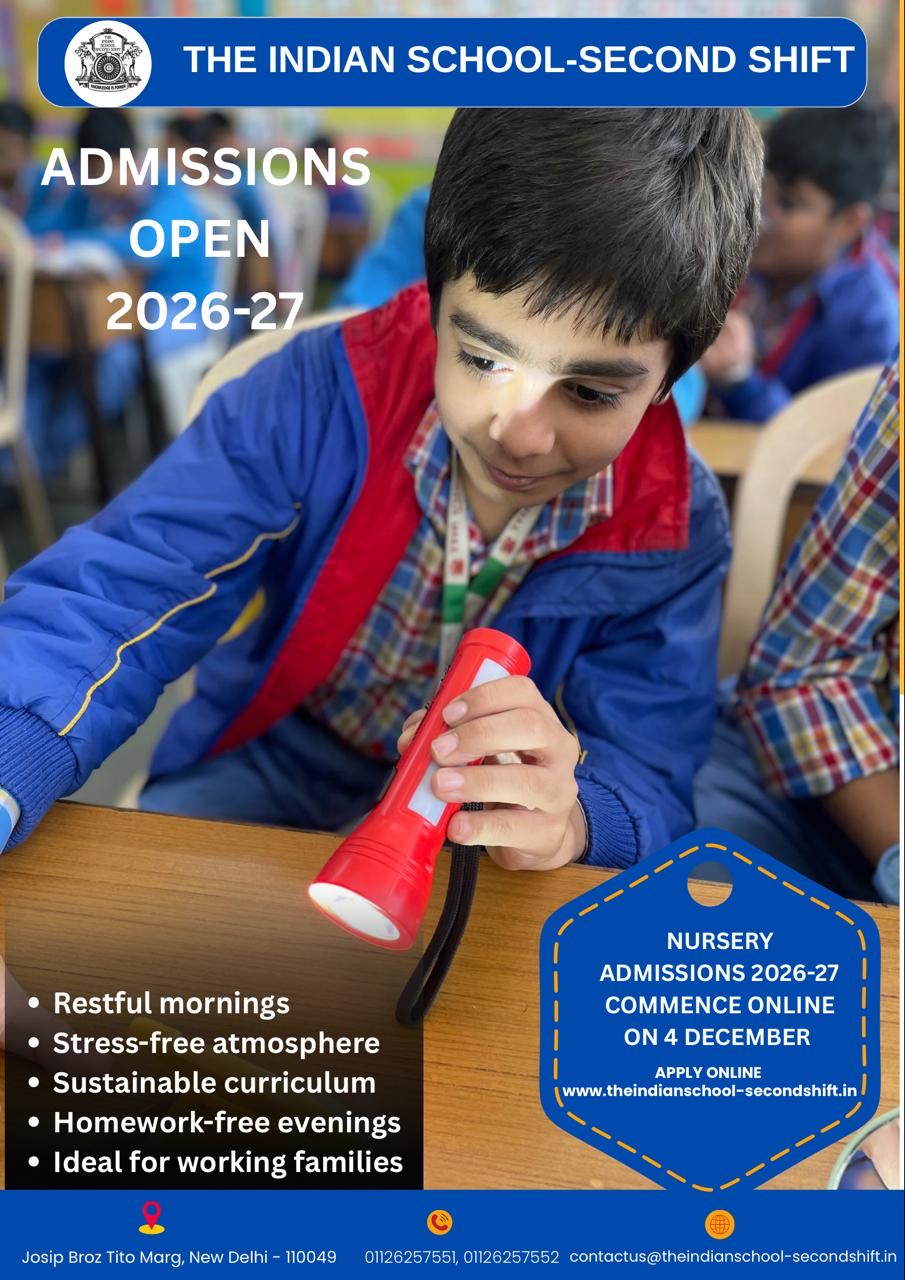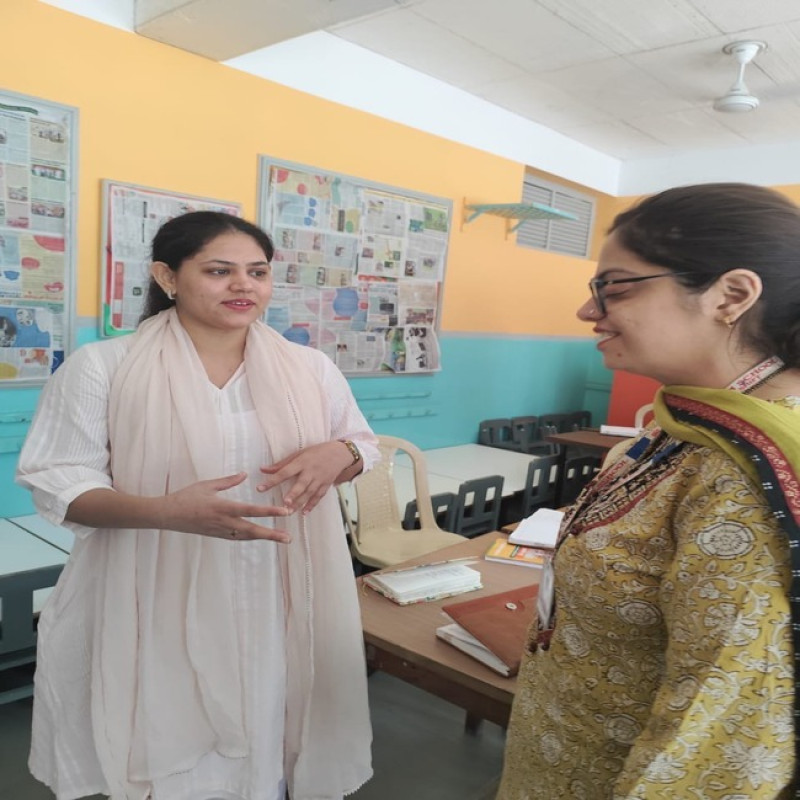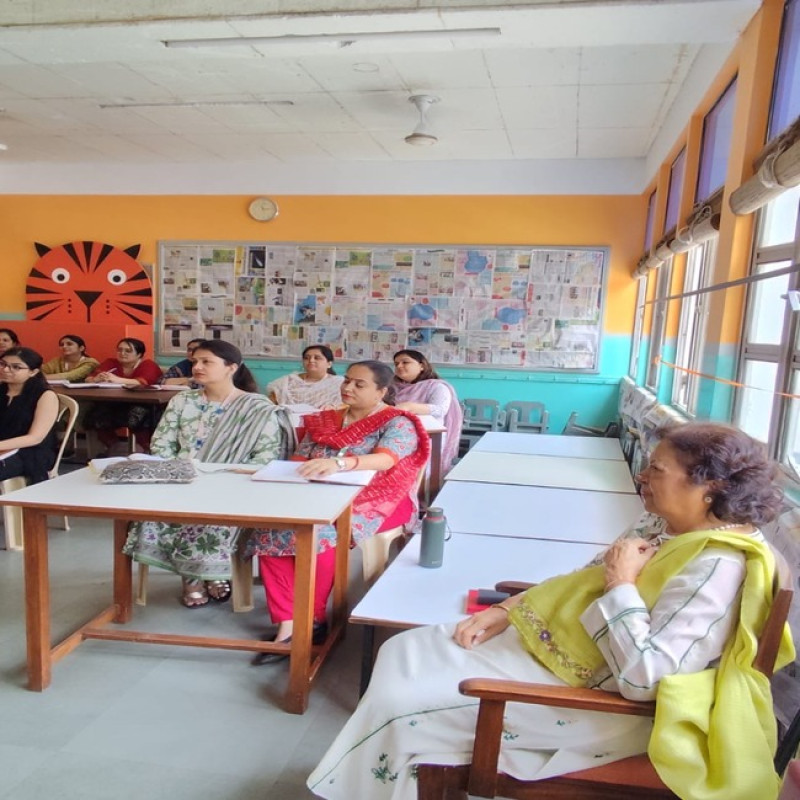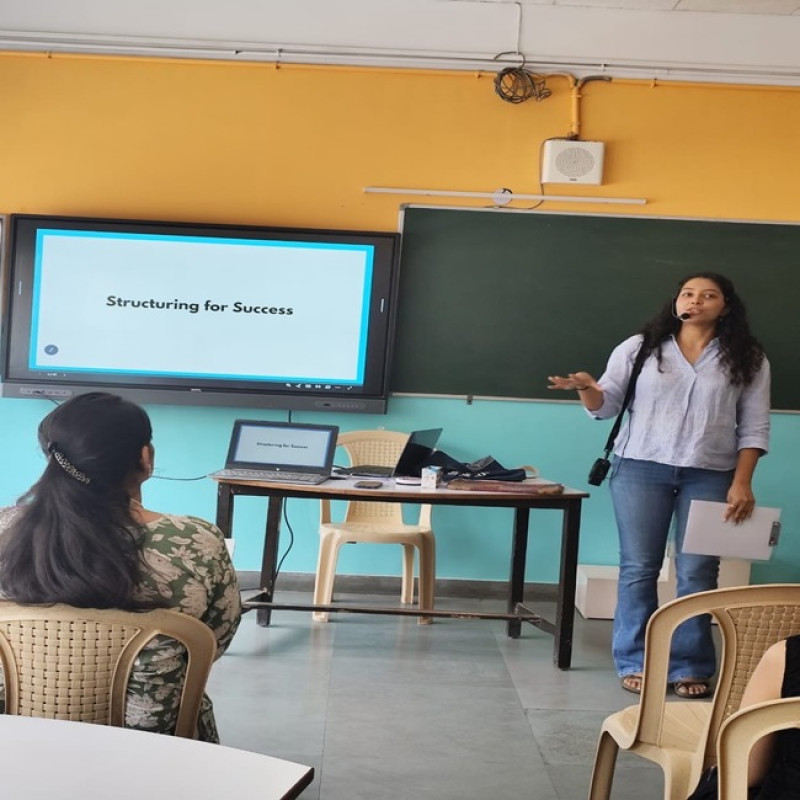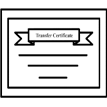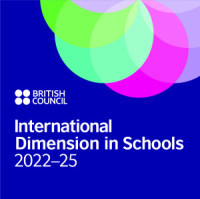Teacher workshop on Structured Classrooms
On May 22, 2025, an insightful and highly constructive workshop was conducted by Ms Devaki Divan, a teacher engaged with the Teach for India mission in Mumbai. With hands'-on experience teaching English, Maths, and Environmental Studies to students in classes 2 and 3, Ms Divan brought with her a robust perspective of primary education.
As a part of her fellowship, Ms Divan has designed and executed detailed lesson plans aligned with national curriculum standards, while thoughtfully adapting teaching methods to meet diverse learning needs. She has also successfully implemented behaviour management trackers that use positive reinforcement and self-regulation techniques to improve classroom discipline and student engagement. Throughout her short career, Devaki has consistently collaborated with her school administration and the community stakeholders to drive initiatives aimed at enhancing student outcomes, making her a highly effective and respected educator and facilitator.
One of the key aspects of the session was the discussion around the significance of Morning Meetings and Circle Time. Devaki highlighted how starting the day with a quick morning meeting helps set the classroom agenda, creating a sense of community, and aligning the students with the learning objectives of the day. Similarly, incorporating a Closing Circle Time at the end of the school day was emphasised as a powerful tool to reflect on what students have learned, share their experiences, and build stronger classroom bonds.
The teachers were also introduced to the Tracker and Reward and Consequence Systems, which emphasised the art of observation and goal-setting from the beginning of the school day. These systems are designed not only to promote positive behavior but also to track academic and social progress. They encourage children to strive for improvement and celebrate milestones, fostering intrinsic motivation and accountability.
The workshop also focused on creating Print-Rich Classrooms, which support visual learning by providing students with constant access to information through charts, labels, vocabulary walls, and learning aids placed strategically within the classroom. Such environments are not only visually appealing but also reinforce learning through repeated exposure and interaction.
Another highlight of the session was the discussion on forming skill-specific learning groups. These groups allow students with similar learning needs or strengths to collaborate, while also enabling peer learning that benefits the entire classroom. This approach cultivates consistent learning habits and helps build a culture of motivation and support.
The teachers explored the concept of using Class Boards to display the daily agenda, objectives, student illustrations, and motivational quotes. These boards serve as visual guides for students, helping them understand the structure of their day and setting clear expectations, which in turn improves focus and classroom discipline.
Interactive activities such as the Spectrum Walk and a lively Q&A session gave teachers the opportunity to share personal experiences and discuss challenges. Devaki provided insightful feedback and offered counteractive strategies based on her expertise. Real-life classroom visuals and examples further enriched the learning experience, making abstract concepts more tangible.
Hands'-on sessions enable teachers to reflect on their current practices and explore improvements, such as using reward systems to ignite curiosity or implementing call-and-response techniques to maintain student attention—especially for those who struggle to stay focussed.
The workshop concluded with the use of 'Exit Tickets', where teachers noted key takeaways, insights, and suggestions for future enhancements. These reflections reinforced the session’s success in transforming educators into enthusiastic learners, eager to implement new strategies for the betterment of their classrooms. Devaki was warmly thanked for creating an engaging, supportive space that encourages open sharing and practical learning. The day marked a significant step forward in enhancing teaching practices to better support student learning and imagination.

